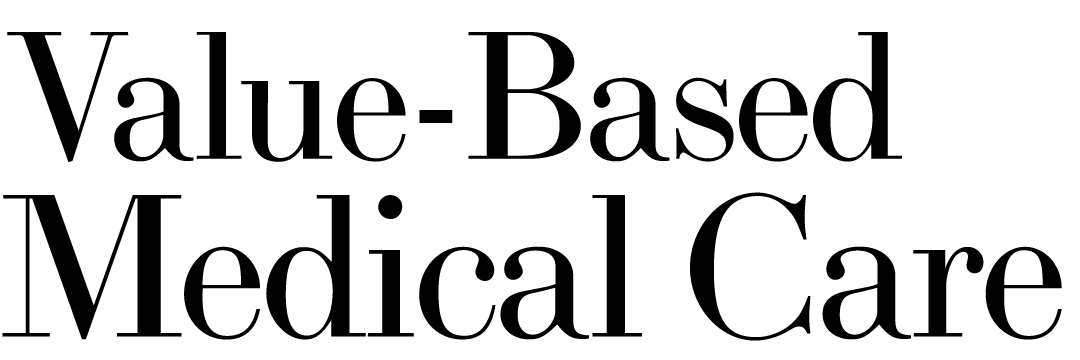Incomprehensible Criticism Toward Health Care's Ongoing Transformation
Translation from Svenska Dagbladet Debatt, Jörgen Nordenström, Magna Andreen Sachs & Nina Rehnqvist, January 2017
Swedish health care is now undergoing a rapid transformation . Many traditional health care practices are challenged – health care´s DNA is being transformed. The development of information and communications technology and patients' active contributions of medical data therein are forces driving future health care toward improved patient-related value.
A debate last year considered the future of health care in Sweden and the future organization of care at Karolinska University Hospital. The focus has been on procurement issues, infrastructure costs, how decisions are taken and consultant fees. The most important aspect has, however, been overlooked – the need to improve quality in health care. Information and communications technology create new opportunities to measure, analyze, store, and utilize the myriad of data that health care produces. Health care can now be transformed to the extent that other industries, namely banking, retail and transportation, have long since achieved.
Like it or not, new technology will increase transparency and patient empowerment, creating a structure that is driven by patient needs and demands rather than health care’s organizational design and available infrastructure. Several doctor associations, including the Swedish Medical Association and the Swedish Society of Medicine, have been critical to the development of care that challenges the traditional doctor-patient relationship and questions doctor authority. Those associations are also critical to the changes in care processes that now are being implemented at Karolinska University Hospital, claiming Value-Based Health Care is void of a scientific evidence base that proves the model actually works. Those statements are not true. An abundance of data exists validating that Value-Based Health Care initiatives can improve quality, and at the same time reduce costs. There seems, however, to be some degree of confusion regarding the meaning of this concept. This is perhaps not surprising because the focus has for so long concerned budgets and costs. The reference to the existence of Value-Based remuneration at Karolinska is completely incorrect. Karolinska has, like other acute care hospitals in Stockholm, a reimbursement system with no relationship to the care processes now being introduced.
It has been stated that the quality of care in Sweden is consistently good. Closer scrutiny shows, however, there is significant room for improvement. 10% of patients treated in hospitals develop an avoidable injury. 30-40% of health care is not processed in accordance with current scientific evidence, and many patients with chronic illness will be re-hospitalized within three months. There are efficiency and coordination problems and a 2-3 fold variation in care according to data in National Quality Registers. The potential for improvement and more efficient use of health care resources is thus great.
The paradigm shift that is now transforming health care is the emphasis on value for patients over care production. In the absence of quality data, patient value has been estimated. Reimbursement has been based on production data without regard to what care actually achieves in terms of medical outcomes, quality of life and patient experience. It is against this background that the concept of Value-Based Health Care has been developed. Founder Michael Porter, Harvard professor, maintains that instead of assessing the cost of an operation or investigation we should shift to assessing patient related value. Value-Based Health Care is neither a strategy nor approach but rather a framework for actions, measures and methods in health care leading to better value for the patient. Achieving patient related quality is the core goal. Sweden, according to the Economist Intelligence Unit, has made more progress than other country toward Value-Based Health Care.
The once passive patient can have better access to medical data in this rapidly developing technological environment. Increased knowledge and engagement builds an entirely new person/patient-centered health care, one with involved and active patients. The health care of tomorrow is no local affair. Web services, mobile consultations, mobile apps and telemedicine can be used beyond the patient's immediate community. Already today, patients produce data from applications linked to wireless mobile sensors. Such sensors measure heart rhythm and disease activity in Parkinson's disease, allowing many treatment and follow-up procedures to be managed by patients themselves with assistance from caregivers. Patients will increasingly contribute to the creation of new medical knowledge, demanding a more impactful patient-physician relationship and moving medicine toward greater democratization and reduced paternalism.
